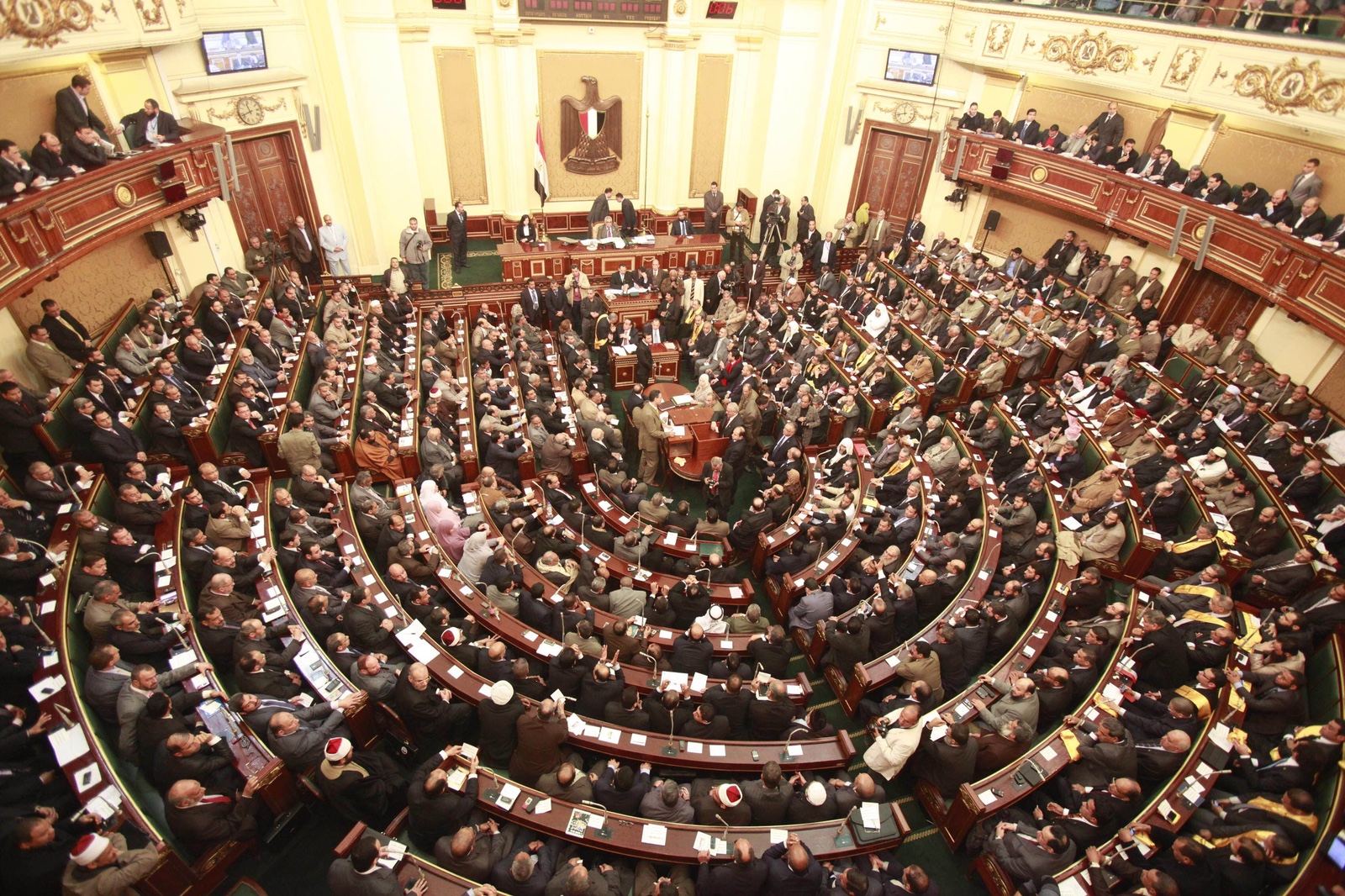House nods to Investment Act, law allowing foreigners to obtain Egyptian passports

LEGISLATION WATCH- It was a busy day at the House of Representatives as MPs rush to clear bills off their tablebefore flocking to Sahel for their annual summer recess.
Amendments to the Investment Act that aim to extend incentives to existing projects got a final nod at the House general assembly yesterday, the Investment Ministry said in a statement. The amendments add a clause to Article 12 that allows companies developing existing projects to benefit from incentives offered to new projects established after the law was issued in 2017.
Amendments to Article 48 cap notary fees on contracts at EGP 10k or 0.25% of the value of paid-up capital in a bid to lower costs for investors. The notary fees have previously been arbitrary and was an area of concern to investors.
The law also means GAFI is now in charge of monitoring FDI: The General Authority for Investments (GAFI) will be responsible for calculating FDI in order to produce accurate figures. The Central Bank of Egypt has traditionally issued FDI data along with the Investment Ministry.
Amendments to the Mineral Resources Act also received initial approval,MENA reports. The new amendments would introduce additional incentives for companies to invest in the mining sector. They would allow for the expansion of concession areas, granting a new authority the power to issue licenses for areas of unlimited size. If the amendments are passed, companies would be able to renew their licenses for more than one term. Separate contracts would be used for exploration and excavation areas, and royalties will be capped at 20% of the value of annual production. You can read more details about the amendments here.
Legislative amendments that would allow foreigners who hold assets in Egypt to apply for citizenship were also granted approval by the House, Al Masry Al Youm reports. The prime minister will be able to grant Egyptian passports to foreigners who buy a state-owned or private property, set up a project in accordance with the Investment Act, or deposit hard currency once the changes are signed into law by President Abdel Fattah El Sisi and the executive regulations governing them are published. An authority comprised of foreign, investment, and interior ministry officials, as well as other security authorities, will be set up to consider applications. We noted last month that the applications, not the actual passport, would cost around USD 10,000 or the EGP equivalent.
Updated on 8 July 2019 to add context